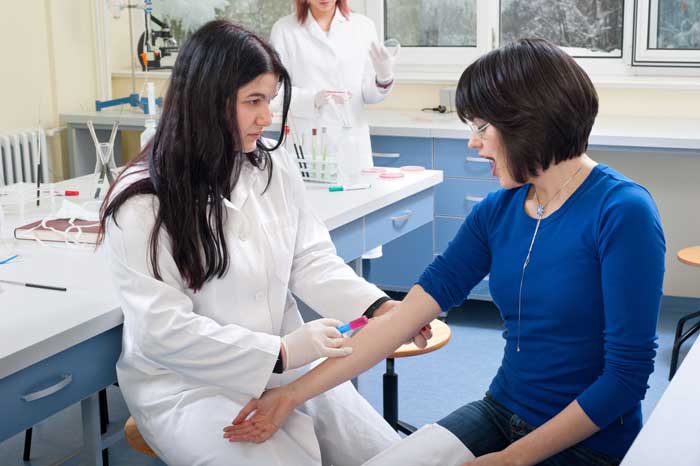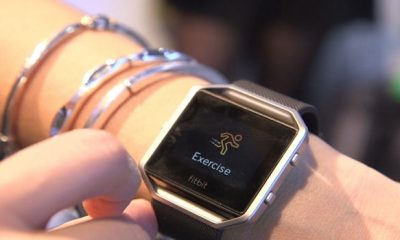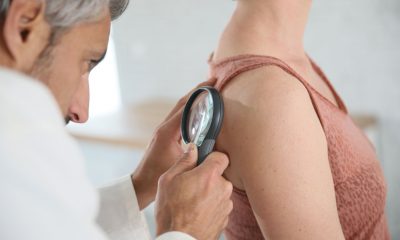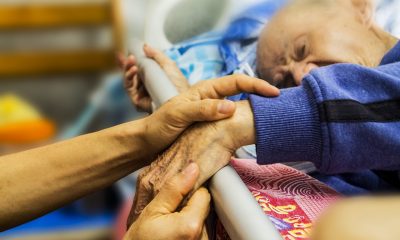
Immigrants in the United States with limited English proficiency (LEP) find it difficult to have access to medical care due to challenges in communication. Take the case of Marina Kolovos. She arrived in the United States from Greece in the late 1970s. She has limited proficiency in the English language and speaks Greek with a thick accent. Living in Chicago, she prefers to see a Greek-speaking doctor exclusively, because it is easier for her to explain where she hurts.
Kolovos goes to the clinic of Dr. Georgios Karanastasis at the Zmedi Group family practice at Tinley Park in Palos Hills. The doctor said that talking with a patient in the same language makes it easier to get information from them, which in turn helps them to provide better health care.
Today the Illinois Administrative Code requires that all health facilities should ensure that non-English speaking residents or those with limited English proficiency would be able to have access to health care services and information. This would be done through the adoption and annual review of a policy that provides services for language assistance that could include in-person interpreters or phone interpreters who are available 24/7.
The code requires the health facilities to provide the Department of Health a copy of their policy annually, which would include the description of how they implemented the requirement to provide speedy and adequate communication between LEP patients and medical staff. They are also required to advise patients and health care facility employees on the availability of interpreters and other language services, identify and record the primary language of each LEP patient and develop liaison groups in the community.
For Kolovos though, it is not only the language that the medical staff must know. They should also know about the culture of the LEPs they serve, so that the medical service could be tailored to their specific lifestyle needs as well. While Dr. Karanastasis agrees with what Kolovos said. He added that Greek patients are quite demanding, and would even want to talk to a doctor for things that could be handled at the front office. He explained that this is because in Greece, there is an open doctor-patient relationship. He added that since he started his practice at Zmedi in 2013, there has been a 30 percent increase in Greek patients and that he extends his services by doing presentations on preventive care to the Greek communities in the area.
The situation is almost the same with patients from India, according to Dr. Sandhya Nagubadi, who also has a clinic at Zmedi. Since arriving there in 2005, the number of Indian patients, mostly women, increased as well. But unlike the Greeks who are more sociable, Indian patients are very reserved and would not socialize with their doctors. Dr. Nagubadi, who is fluent in Hindi and Telugu said that her patients are a bit old old-fashioned. She added that gender plays a big role when it comes to visiting a doctor. Indian women prefer a female doctor in the same manner that Indian males would prefer seeing a male Indian doctor.
Like Dr. Karanastasis, she agrees that knowing the culture of the patients they serve help them to approach their patients with creative solutions.
Image Copyright: fotokostic / 123RF Stock Photo















Facebook
Twitter
Pinterest
Google+
LinkedIn
Email